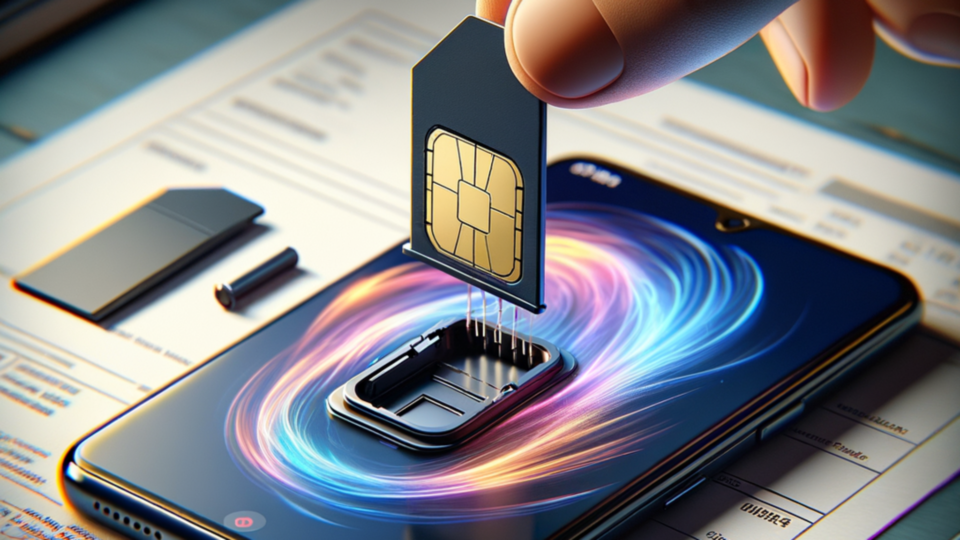Customers may provide their permission to tokenize their cards to prevent the bother.
According to new Reserve Bank of India rules, e-commerce businesses like Amazon and Flipkart, as well as online delivery aggregators like Zomato, would not be permitted to keep card information on their systems starting January 1, 2022. (RBI). Beginning next year, clients doing online purchases on any e-commerce platform will be required to input their debit or credit card information each time. Customers may, however, avoid the bother by giving platforms permission to tokenize their cards.
To improve security, the RBI announced rules in March 2020 that prohibited businesses from keeping consumers’ card data. The regulatory authority updated its standards on card tokenization services in September of this year to increase safety and security. “Tokenization of card data should be done with clear customer agreement and need Additional Factor of Authentication (AFA),” RBI stated in a statement.
Tokenisation enables online transactions to be completed without disclosing card data by replacing card details with a unique algorithm-generated code, or token.
The RBI’s request that businesses not save customers’ credit card information is said to be a blow to e-commerce.
So, how does this affect a frequent customer?
Here are some key points to remember:
- Customers will no longer be allowed to keep their debit or credit card information on any e-commerce site after January 1, 2022.
- Customers will have to re-enter their card information every time they make an online purchase.
- Customers may provide their permission for e-commerce businesses to “tokenize” their cards to prevent the inconvenience. E-commerce platforms will ask the card network to encrypt information with extra factor authentication when required after gaining a customer’s approval.
- Customers may keep a card for future purchases after the encrypted data are received by the e-commerce site.
- Most major e-commerce platforms can now tokenize just Mastercard and Visa-issued cards. Cardholders from different financial services should be able to tokenize their cards in the near future.
- Both credit and debit cards must follow the new RBI criteria.
- International transactions are exempt from the new requirements. The new RBI standards are only applicable to domestic cards and transactions.
- Customers will not be charged an additional fee for card tokenization.
- Customers will be able to identify tokenised cards by looking at the last four numbers, as well as the issuing bank and card network name, on e-commerce sites.
- Finally, card tokenization is not required. Customers may opt to tokenize their cards for faster transactions or input their card information manually.



